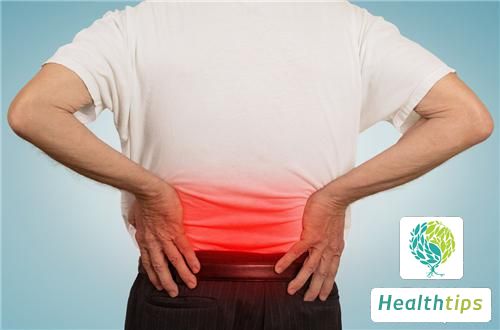What Are the Best Foods for Women with Moderate Anemia?
Female Moderate Anemia
Moderate anemia in women refers to a hemoglobin concentration between 60-90g/L. This condition can pose certain hazards to the human body, manifesting as symptoms such as pale complexion, dizziness, inability to concentrate, insomnia, accelerated heart rate, and rapid breathing.

When women experience moderate anemia, it is crucial to seek prompt and targeted treatment. Additionally, they should incorporate blood-enriching foods into their diet. However, the specific dietary recommendations vary depending on the underlying cause of the anemia. For instance, in cases of iron-deficiency anemia, iron supplementation is necessary. This can be achieved by consuming animal blood, pork liver, and other iron-rich foods. These animal-derived iron sources are more easily absorbed and utilized by the body.
Moreover, it is also essential to include high-quality protein in the diet, such as chicken, duck, fish, lean meat, eggs, and bean products. In some cases of anemia caused by muscle red blood cell abnormalities, vitamin B12 or folate deficiency may be the underlying issue. In such cases, increasing the intake of fresh vegetables and fruits is recommended, along with ensuring adequate protein intake.
It is crucial to analyze the specific cause of anemia and develop a reasonable dietary plan accordingly. Now, let's delve deeper into the harms and symptoms associated with moderate anemia in women.
Harms of Moderate Anemia in Women
Moderate anemia in women, characterized by a hemoglobin concentration between 60-90g/L, can have several deleterious effects:
1. Due to the redistribution of blood throughout the body during moderate anemia, the blood supply to areas such as the skin decreases, resulting in pale skin or a yellowish complexion. This can negatively impact women's appearance and self-confidence.
2. Long-term anemia can lead to insufficient blood supply and oxygen to the brain, causing symptoms such as dizziness, headaches, insomnia, forgetfulness, and difficulty concentrating. These symptoms can significantly impact quality of life and work efficiency.
3. If moderate anemia persists in women, it can increase the burden on the heart and lungs, leading to accelerated heart rate and respiration. Over time, this can lead to the development of anemia-related heart disease and enlargement of the heart. Therefore, it is imperative to actively treat anemia in women to mitigate these risks.
Symptoms of Moderate Anemia in Women
When women experience moderate anemia, their hemoglobin concentration falls below 90g/L but remains above or equal to 60g/L. Along with this, they may exhibit various clinical symptoms:
Symptoms such as dizziness, tinnitus, insomnia, frequent dreams, decreased memory, and difficulty concentrating may be present. Additionally, women with moderate anemia may exhibit pallor of the skin, conjunctiva, lips, and nail beds. In cases of extravascular hemolytic anemia, there may be yellowing of the skin and mucous membranes.
Furthermore, patients may experience symptoms such as palpitations and shortness of breath during mild physical activities. Some women may also experience reduced digestive function, indigestion, and abdominal bloating. Additionally, excessive menstrual bleeding may occur in some cases.
Therefore, it is essential for women with moderate anemia to seek timely treatment to address these symptoms and prevent further complications.



















